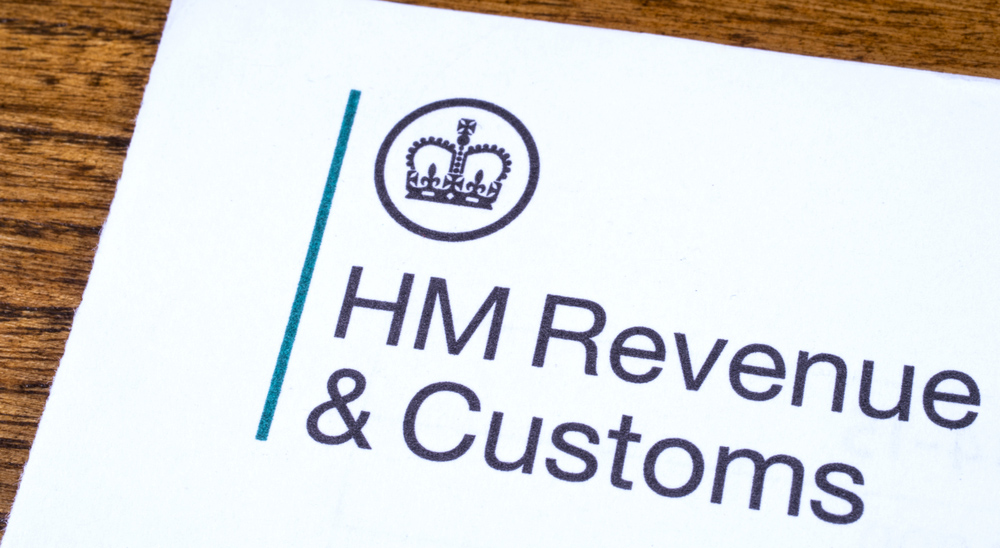How might the General Election impact on employee share plans?
Thu 07 May 2015
In recent years we have witnessed cross-party political support for employee ownership in the UK.
The current Conservative and Liberal Democrat coalition have, for example, introduced a number of very welcome changes, notably in Finance Acts 2013 and 2014, which have enhanced and improved many share plans (Enterprise Management Incentive, Share Incentive Plans and Save As You Earn have all received a boost) and brand new employee ownership tax reliefs have also been introduced, in October 2014, to support a “John Lewis” style of indirect employee ownership.
However, whilst it seems apparent that the 3 major political parties support the concept of employee ownership, there are certain discrepancies in how they wish to put this into practice.
As the General Election looms closer, we thought we would provide our own election count-down observations. .
Employee Shareholder Status – the key ‘One to Watch’
Conservative | Labour | Liberal Democrats |
| YES: √ | NO: X | NO: X |
A key ‘one to watch’ in terms of its future longevity is the Employee Shareholder Status (“ESS”) arrangement, which was introduced as recently as September 2013 under the Conservative and Liberal Democrat coalition.
The ESS, rightly or wrongly, has faced sharp criticism in the press, being dubbed the “shares for rights” scheme.
This is due, in large part, to the ESS legislation making it possible for unscrupulous employers to use these new ESS contracts as the only contractual engagement mechanism for on-boarding new staff and thereby forcing individuals (“employee shareholders”) to forgo certain statutory employment rights in return for the receipt of a tax-free gift of shares.
Whilst asking employees to give up certain employment rights naturally flies in the face of fundamental Labour principles (and certainly would not necessarily endear the business as an employer of choice to highly skilled, scarce resource, talent), what commentators maligning the arrangement have often missed is that the ESS legislation also allows employers to offer an enhanced ESS contract, allowing employee shareholders to retain the employment rights in question. In our experience, those companies currently choosing to implement ESS are doing so using the enhanced contract terms.
The ESS also facilitates some significant benefits. Gifts of between £2,000 and £50,000 worth of equity may be made under the ESS. Only the initial £2,000 worth of ESS equity, however, will be free of income tax on the initial acquisition. This is one of the reasons why the take up has not been widespread; allotments in excess of £2,000 trigger an immediate tax charge and not all employees will be in a position to fund that expense.
Under ESS there is an opportunity for huge tax savings on the ultimate disposal of the ESS shares – it is difficult to beat a 0% capital gains tax (“CGT”) charge and under ESS the sale gains are completely exempt from tax!
The ESS arrangement has been especially popular in companies that do not qualify for the more “traditional” tax-advantaged share option plans, such as the Enterprise Management Incentive (“EMI”). Typical adopters of ESS would include venture capital and private equity backed early stage businesses and other controlled subsidiary companies who anticipate high and fast growth. Both Labour and the Liberal Democrats have stated they would repeal the ESS legislation should they be elected to form a Government on 7 May 2015. It is unclear at the moment precisely what this may mean for existing arrangements – watch this space! We will provide a post-election update.
Capital gains tax and dividend tax rate and Entrepreneurs’ Relief
Once an employee becomes a shareholder, the two primary ways of extracting value from equity are either via dividend payments, or by making a capital gain when the shares are subsequently sold.
To date, we have seen little detail from the major parties with regards to their specific intentions concerning Capital Gains Tax.
Conservative plans include increasing the income tax higher threshold band to £50,000, as opposed to the current £31,785, and we may therefore speculate that the number of individuals paying the basic rate of CGT (18%) might also increase in correlation.
Conversely, the Liberal Democrats have stated they would like to restrict the CGT annual exempt amount (currently £11,100 for 2015/16) to £2,500, however this may be bolstered by allowing a transfer of any unused income tax allowance between spouses. They would also act to raise the dividend tax rate for higher rate and additional rate tax payers and limit Entrepreneurs’ Relief (a highly coveted effective 10% tax rate on lifetime gains up to £10 million, often applicable on the disposal of a qualifying shareholding).
Entrepreneurs’ Relief, introduced under Labour in 2008 and significantly enhanced subsequently, has acted as a significant boost for SMEs. It was called into question in late 2014 when a report conducted by the National Audit Office (“NAO”) estimated that the cost in lost revenues as a result of the initiative were approximately £2.9 billion in 2013/14. Potential changes to Entrepreneurs’ Relief could impact employees who have acquired shares as part of an employee share plan. Whilst complete removal of the relief is unlikely, there could be changes to the lifetime limit and eligibility criteria. We will provide a post-budget update.
Whatever the result…
The benefits of employee ownership in its various forms have been widely documented (the Employee Ownership Index is just one measure of success) and carry generic cross-party support.
We do not expect any changes that might stop the employee ownership movement in its tracks but we are certainly going to keep an eye on the exit polls for determining the survival chances of ESS.
This election is closely fought, and analysts are predicting that no one major party will hold an outright majority in the Commons.
Follow the Mazars blog closely for our share plans analysis following the election results or contact Liz Hunter, Director of Share Schemes and Employer Solutions, for advice.
Email: liz.hunter@mazars.co.uk
For more information about the type of arrangements mentioned in this blog please download the free share plan factsheets available on our website here.



Comments